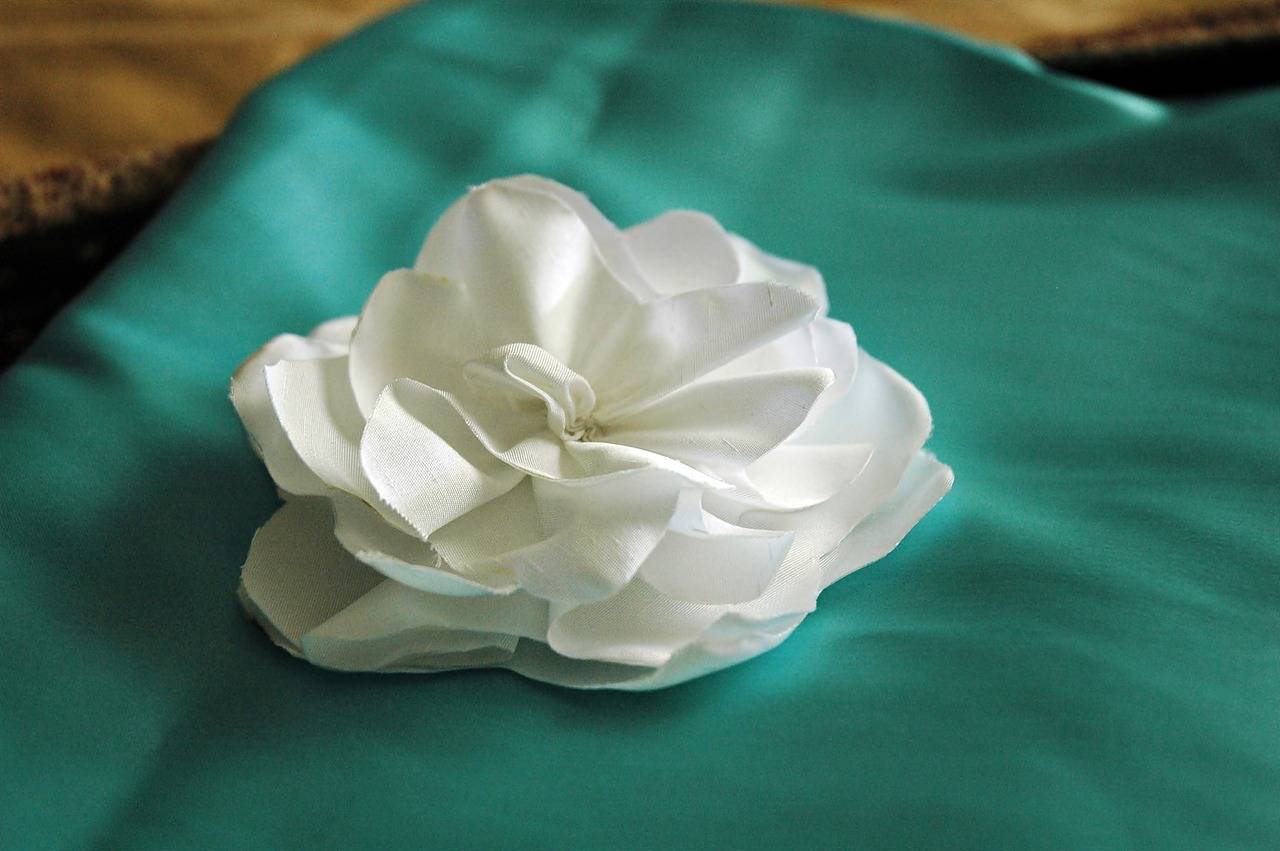The Growing Trend of DIY and Maker Culture in Shopping
DIY culture revolves around the idea of creating or fixing things on your own rather than relying on store-bought items or professional services. It empowers individuals to tap into their creativity, problem-solving skills, and resourcefulness to produce unique and personalized goods. From homemade crafts to upcycled furniture, DIY projects span a wide range of activities that cater to different interests and skill levels.
On the other hand, Maker Culture emphasizes a hands-on approach to learning and innovation, where individuals actively engage in creating and experimenting with various tools and technologies. Makers often collaborate with others in shared spaces like makerspaces or fab labs to exchange ideas, knowledge, and expertise. This community-driven ethos encourages open-source collaboration and the democratization of technology, making it accessible to a wider audience.
Benefits of DIY and Maker Culture in Shopping
DIY and maker culture have revolutionized the way people approach shopping. By embracing the idea of creating their own products, individuals can personalize their items to their unique tastes and preferences, ultimately leading to a stronger connection with the things they purchase. This hands-on approach fosters a sense of accomplishment and creativity that is lacking in traditional retail experiences.
Moreover, DIY and maker culture empower consumers to break away from mass-produced goods and opt for items that are more sustainable and eco-friendly. By making their own products or supporting local artisans, shoppers can reduce their carbon footprint and contribute to a more environmentally conscious society. This shift towards a more mindful consumption pattern not only benefits the planet but also encourages a deeper appreciation for the value and craftsmanship behind each purchase.
What is DIY culture and Maker Culture?
DIY culture refers to the practice of creating or repairing things oneself, rather than relying on professionals or mass-produced products. Maker culture is a contemporary culture or subculture representing a technology-based extension of DIY culture.
How can DIY and Maker Culture benefit shopping experiences?
DIY and Maker Culture can benefit shopping experiences by offering unique, personalized products, providing a sense of accomplishment and satisfaction, and allowing individuals to express their creativity and individuality through their purchases.
Are there cost savings associated with DIY and Maker Culture in shopping?
Yes, DIY and Maker Culture can often lead to cost savings as individuals can create their own products at a lower cost than purchasing mass-produced items from stores.
How can one get started with DIY and Maker Culture in shopping?
One can get started with DIY and Maker Culture in shopping by exploring online tutorials, attending maker fairs or workshops, and experimenting with different materials and techniques to create their own products.
What are some popular DIY and Maker Culture shopping projects?
Some popular DIY and Maker Culture shopping projects include handmade jewelry, clothing alterations, home decor, and custom furniture.





